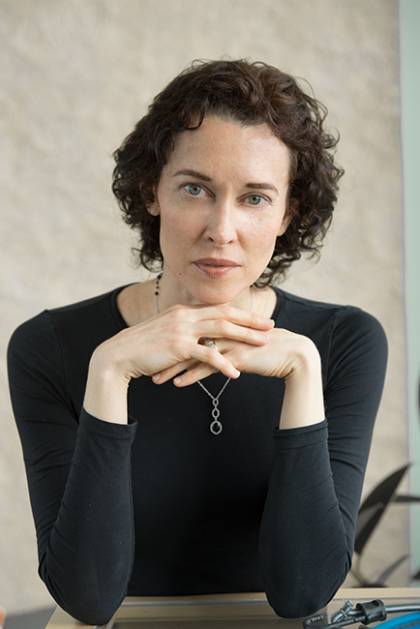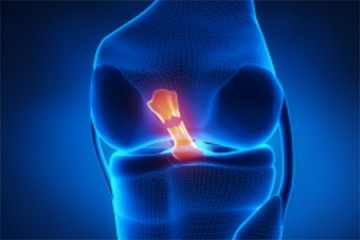Johns Hopkins biomedical engineer Jennifer Elisseeff has received a prestigious Director's Pioneer Award from the National Institutes of Health High-Risk, High-Reward Research Program. The Pioneer Award, established in 2004, supports investigators at all career levels in their efforts to pursue new research in the biomedical, behavioral, or social sciences.

Image caption: Jennifer Elisseeff
Elisseeff specializes in the field of regenerative medicine, which often focuses on stem cells as building blocks for new tissue and biomaterial scaffolds to guide tissue development. However, after a shift in research direction, she now focuses on exploring the body's own immune system as a primary avenue for tissue repair and regeneration. The Pioneer Award, which supports $700,000 in direct costs per year for five years, will enable Elisseeff to investigate new roles that immune cells can play in the process of healing.
"The Pioneer Award gives scientists an opportunity to shift research focus and introduce ideas that challenge the status quo—something that can be very difficult to do with traditional research funding," Elisseeff says. "What we've proposed is a radical shift in regenerative medicine that reimagines the immune system as the body's repair system."
Video credit: Johns Hopkins Biomedical Engineering
In addition to serving as a professor in the Department of Biomedical Engineering, Elisseeff is a professor of ophthalmology and orthopedic surgery at the School of Medicine and is affiliated with the Johns Hopkins Wilmer Eye Institute. She holds an appointment in the Department of Materials Science and Engineering and directs the Translational Tissue Engineering Center.
Elisseeff is one of 11 winners of the Pioneer Award and one of 93 High-Risk, High-Reward Research Program grant winners overall. This year's round of grants, supported by the NIH Common Fund, totals approximately $267 million over five years.
Posted in Science+Technology
Tagged biomedical engineering, jennifer elisseeff, biomaterials









